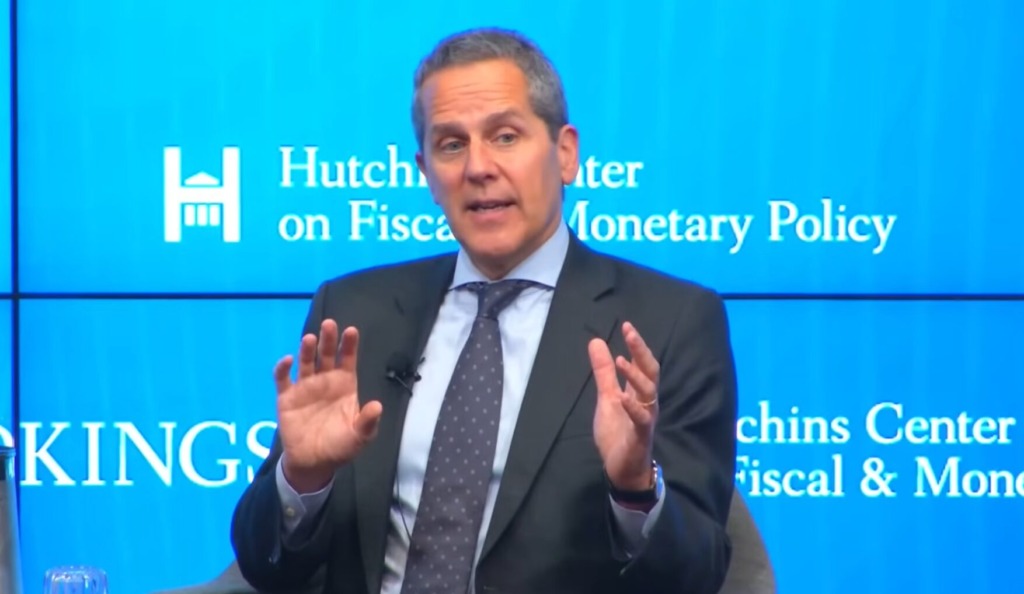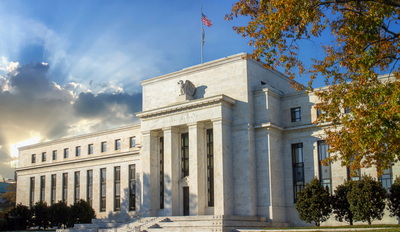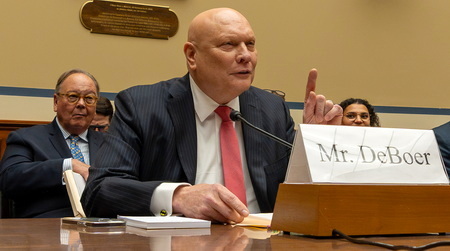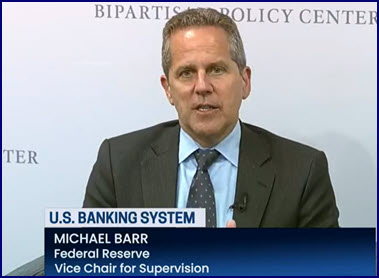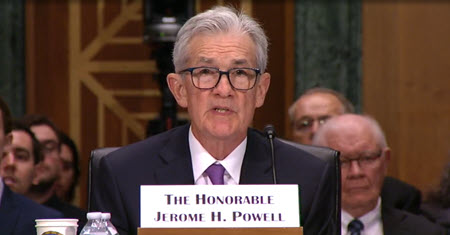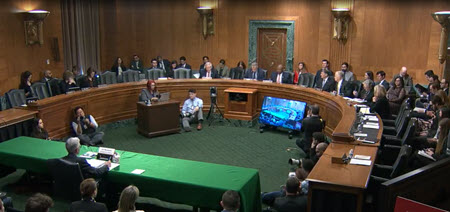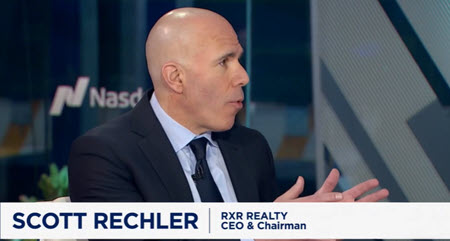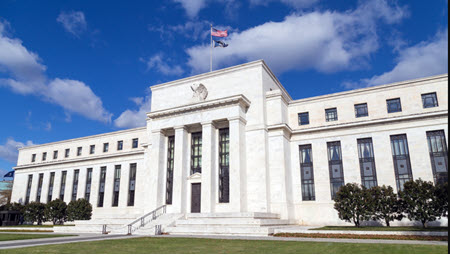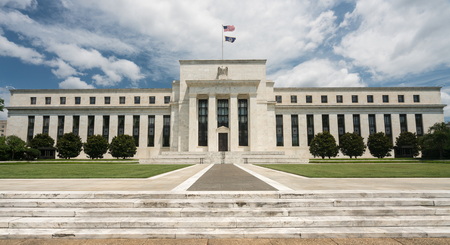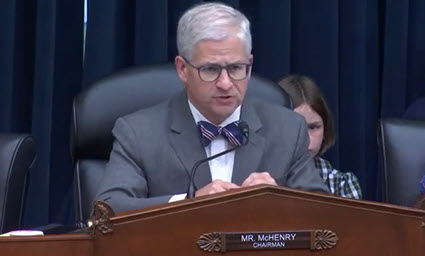
The Real Estate Roundtable’s Real Estate Capital Policy Advisory Committee (RECPAC) convened this week in New York to address market conditions, pressing policy issues, including Basel III Endgame, shifts in capital markets, and the evolving political and regulatory landscape.
Fall RECPAC Meeting

- RECPAC met Tuesday, under the leadership of RECPAC Co-Chairs Bryan McDonnell (Head of U.S. Debt and Chair of Global Debt, PGIM Real Estate), Rex Rudy (EVP, Head of Commercial Real Estate, US Bank), Miriam Wheeler (Global Head Real Estate Finance, Goldman Sachs Asset Management), and Working Group Chair Michael Lascher (Global Head of Real Estate Debt Capital Markets, Blackstone) to discuss the new political landscape and top policy priorities for 2025.
- Roundtable Chair Kathleen McCarthy (Global Co-Head, Blackstone Real Estate) kicked off the meeting and welcomed RECPAC members to the meeting, sharing her insights on real estate credit and capital markets. Other discussions included:
- Overview of Real Estate Capital Markets: Mark Gibson (CEO, JLL Capital Markets, Americas) provided an overview of current economic and real estate market conditions, investment capital flows, interest rate trends, and their impact on financing.
- Political and Regulatory Landscape: Wayne Berman (Head of Government Affairs, Blackstone) discussed the new political landscape, and its implications for financial services and tax policy, credit, and capital market issues.
- U.S. Economic Outlook: David Mericle (Chief US Economist, Goldman Sachs) presented his views on the U.S. economic outlook, including growth prospects and recession risks.
- Global Real Estate Credit Markets Roundtable: Nick Seidenberg (Managing Director, Eastdil) led a discussion on global real estate credit markets, joined by Jeff Krasnoff (CEO, Rialto Capital), Bryan McDonnell (Chair, Global Debt and Agriculture, PGIM), Rex Rudy (EVP, U.S. Bank), Miriam Wheeler (Global Head, Real Estate Financing, Goldman Sachs), and Greg Wolkom (Group Head, Real Estate Syndicated Finance and REIT Finance, Wells Fargo).
Committee on Foreign Investment in the U.S (CFIUS)
- This week, the U.S. Department of the Treasury, as Chair of the Committee on Foreign Investment in the United States (CFIUS), finalized a previously proposed rule expanding both the types of military installations covered by its regulations governing reviews of real estate transactions and the number of military installations subject to those reviews. (Axios, Nov. 18)
- Under the proposed rule issued in July, foreign land transactions within a mile of 40 additional military installations and within 100 miles of 19 additional military sites would trigger a CFIUS review. (Roundtable Weekly, July 12)
- The finalized rule, which impacts transactions entered into on or after December 9, 2024, continues the trend toward reviews of more real estate transactions based on their proximity to a growing list of military installations deemed “sensitive,” and also allows for greater growth by changing the definition of “military installations” that can become subject to these regulations in the future. (Morgan Lewis, Nov. 18)
- Nearly 60 military installations will be added to an existing list of military installations and approximately 10 existing installations will be extended for CFIUS jurisdiction purposes.
- During their annual conference this week, CFIUS mentioned that the renewable energy industry has been a particular area of focus triggering jurisdiction over real estate transactions, due to the critical infrastructure component. (The National Law Review, Nov. 20)
Basel III Endgame
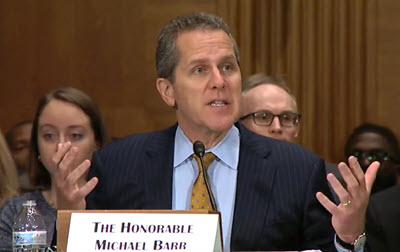
- Fed Vice Chairman Michael Barr (Vice Chairman for Supervision, Board of Governors of the Federal Reserve System) at a House Financial Services Hearing: Oversight of Prudential Regulators told lawmakers that they will halt rulemaking before Trump takes office. (Barr Testimony)
- Barr, the Fed’s top regulatory official, said the central bank will not be moving ahead with its plan to hike capital requirements for big banks, also known as Basel III Endgame, or move on any proposals to overhaul rules affecting bank liquidity and long-term debt over the next two months. (Politico Pro, Nov. 20)
- “I expect to work with my new colleagues at the OCC and the FDIC in the coming year on those measures to get their policy input, their perspectives,” Barr said.
- Earlier this year, RER raised industry concerns about the negative impact of the Basel III proposal in a Jan. 12 letter to the Fed and other agencies. The comments outlined how the proposal would decrease real estate credit availability, increase borrowing costs for commercial and multifamily real estate properties, and negatively impact the U.S. economy, concluding with a call to federal regulators to withdraw their proposed rulemaking. (Roundtable Weekly, Sept. 19)
- New regulators are expected to lead the Office of the Comptroller of the Currency (OCC), the Federal Deposit Insurance Corporation (FDIC) and the Consumer Financial Protection Bureau (CFPB) when President-elect Trump takes office in January 2025.
The Roundtable’s Real Estate Capital Policy Advisory Committee (RECPAC) will continue to engage with policymakers on any further changes to the Basel III Endgame proposal and other federal policy issues impacting credit capacity and capital formation.
